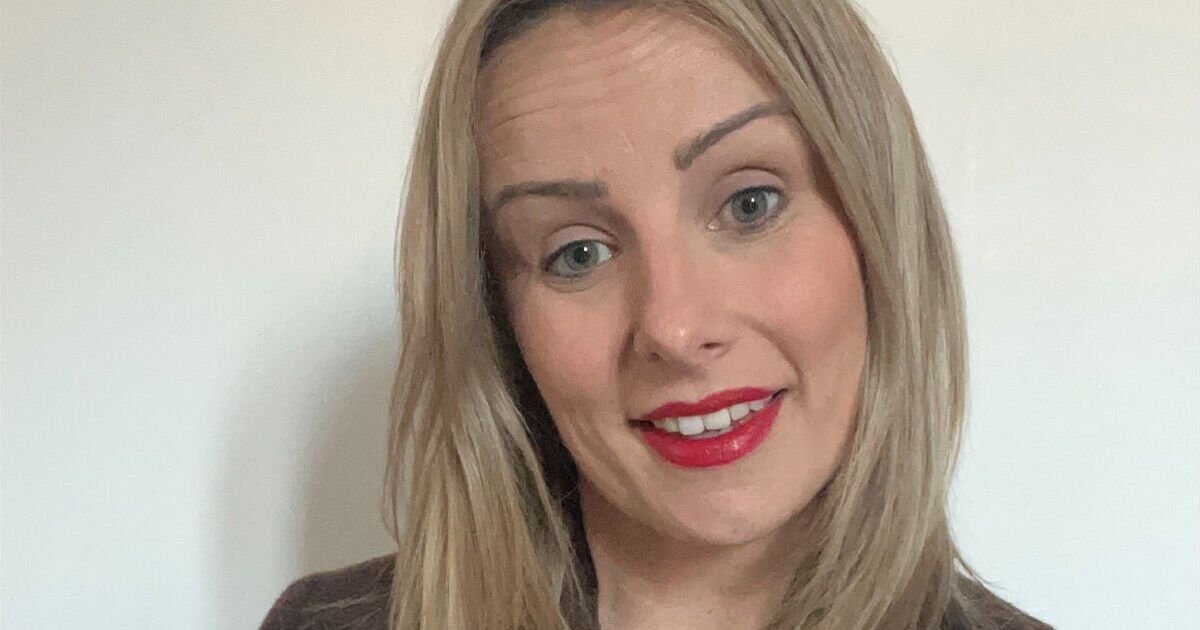
After the festive season’s financial strain, many households find themselves reassessing their budgets as they finally receive their first paycheck of the year.
Whether it’s tackling rising living costs or boosting savings, getting your finances in order now can set you up for a more secure and prosperous year ahead.
Jodie Thompson, customer services director at TSB Bank, said: “With households now receiving their long-awaited January payday, it’s a great time to get your finances in shape for the new year.
“From short-term budgeting and staying safe from scams to achieving long-term saving goals – we’re here to help more households make the most of their finances this year.”
Ms Thompson shared 10 top tips to help people organise – and boost – their money for the year ahead.
Consolidate your outgoing payments
Firstly, Ms Thompson suggested taking steps to gain control of your debts. She said: “Having multiple lenders at different interest rates and different borrowing methods can be a minefield.”
Restructure your finances to one monthly payment that gives you a defined end date to help set a clear goal of becoming debt-free. Ms Thompson said: “If debt feels out of control, speak with your bank at the earliest opportunity. They will be able to help with advice and a manageable payment plan.”
For independent, specialist support, consider speaking with experts like debt charity Stepchange, or Citizens Advice.”
Budget effectively
Set a clear budget with a spending plan based on your income and outgoings.
Ms Thompson said: “Where possible, use payday for outgoing bills as this will help you budget by showing how much you’ve got left for the rest of the month. Getting organised and sticking to your plans can help avoid falling short.”
She added: “Budgeting can also help you plan for bigger payments to ensure unavoidable outgoings and purchases don’t break the bank.”
A popular budgeting method is adopting the 50-30-20 rule. This method sees 50% of your income allocated to essentials like rent, bills, and the food shop, 30% for discretionary spending on hobbies, entertainment, and dining out, and the remaining 20% directed toward savings, investments, or paying off debt.
Make the most of savings
To build up your savings pot, take advantage of monthly savings accounts, which often offer a higher return than basic savings accounts.
These accounts, called regular savings accounts, typically require savers to pay a minimum monthly amount or else their account will be closed. These work well in holding people to account when saving money. Some providers are currently offering interest rates of up to 8%.
Ms Thompson said: “Speak to your bank to ensure you are on the highest rate possible or check their rates online. Putting small sums away regularly can really add up. Set up an automatic payment into a savings pot on a day that suits you – and set yourself a savings goal. How much can you realistically save by the end of the year?”
First-time buyers
Those trying to get on the property ladder should start a savings plan. Ms Thompson said: “Putting away manageable amounts in a separate savings pot for your deposit can really build up.”
She added: “Consider Government schemes such as Help to Buy ISA, Right to Buy, Shared Ownership and Lifetime Isas. The Government’s Mortgage Guarantee also offers the option to apply for a mortgage with a 5% deposit. And check with your bank for schemes, such as concessionary mortgages, that could help you get on the ladder.”
Mortgage payments
If you have a mortgage, check your lender’s policy on overpayments – this can help reduce future interest and pay off your loan faster.
Ms Thompson added: “If your mortgage is up for renewal within the year, then keep an eye on rates, as your bank may let you lock in a good deal in advance.”
Financial support
Check the financial support and grants that are available to you, such as Winter fuel allowance, child benefit and the married tax allowance.
Ms Thompson said: “Consider using the Lightning Reach online portal – as they have facilitated nearly £18million of grants to struggling households since launch.”
Stay scam aware
Ms Thompson said: “Fraud is still a huge issue to UK households, with scammers bombarding the public by telephone, email and social media platforms every day.
“It pays to be really suspicious of any out-of-the-blue contact you receive. We strongly advise only buying an item on a social media site if you can see the item in person. Use a credit card, as they have the highest level of consumer protection in case something goes wrong.”
Spending habits
You can set contactless limits on your card to as low as £5 – which can help mitigate fraud risks and help you manage your outgoings.
In addition, Ms Thompson noted: “For those who are concerned about online gambling, then check whether your bank offers gambling blocks – which can prove vital in helping to manage spending habits.”
Make the most of your account
Explore the support available. Banks are offering innovative solutions to boost financial confidence, such as cashback and round-up savings features.
Ms Thompson said: “If you spend £4.60 at TSB, our Save The Pennies scheme will put 40p into your savings pot. Banks also offer discounts across many retailers and services through partnerships. Banks work with tech firms, offering customers a variety of solutions, such as bill management services and even portals to provide grants to struggling households – so check the tools that are available to you.”
Boost your credit rating
Finally, a good credit rating is absolutely “vital” to securing a loan, financial product, or one day taking out a mortgage, Ms Thompson said.
You can check your score for free at Experian.co.uk and then take steps to improve it by clearing debt, ensuring you’re on the electoral register, registering your on-time home rental payments – and other means.
Ms Thompson added: “This can make all the difference to your financial options and decision-making.”

















